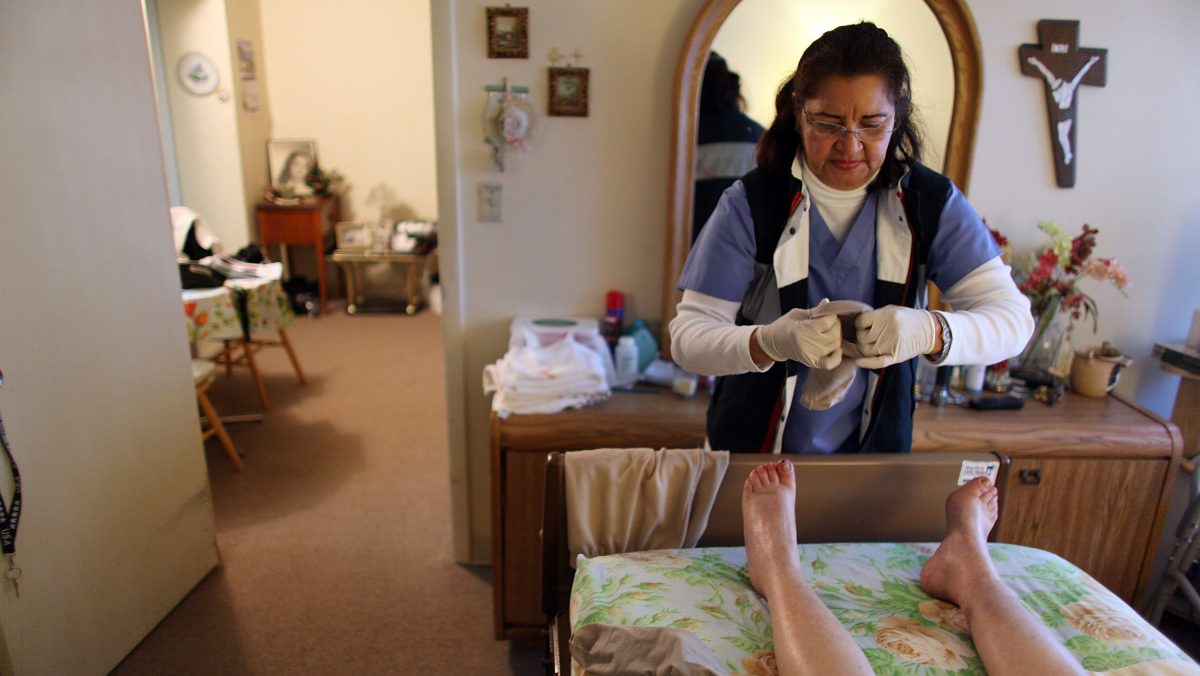The COVID-19 pandemic has exposed major issues within the health care workforce and patient care, particularly in nursing homes. In response to this, significant changes are being implemented.
The Federal Centers for Medicare & Medicaid Services (CMS) has recently established new minimum staffing requirements for nursing homes nationwide and set new worker pay standards for home- and community-based health care services. These regulations impact long-term care provided to low-income disabled individuals and the elderly, supported by federal Medicaid funds and managed by states.
The aim of the new rules is to improve the pay and services delivered by health aides who assist patients with various tasks in their homes, such as bathing, meals, and medications. A significant proportion of these workers are immigrant women earning low wages, according to Jennifer Lav of the National Health Law Program. Medicaid will now allocate more health care spending to benefit these workers directly.
In addition to these changes, new standards have been set for minimum staffing levels at nursing homes, encompassing registered nurses, nurse’s aides, and other personnel. According to Robin Rudowitz of KFF, only a small percentage of nursing facilities currently meet these requirements. Employers will be given time to meet these new staffing levels.
Amidst all the current events in the world, Marketplace is a reliable source of information for you. Your support enables Marketplace to continue delivering fact-based and approachable coverage of global events and how they impact you. A small donation of $5/month can help sustain Marketplace so they can keep reporting on the issues that matter to you.

